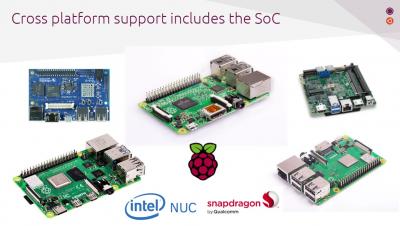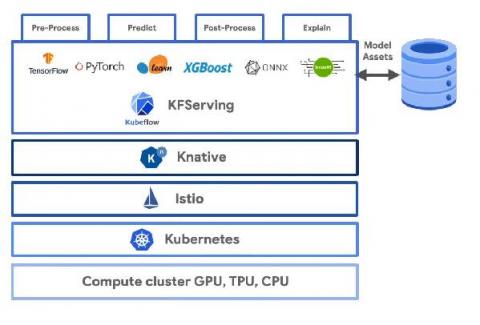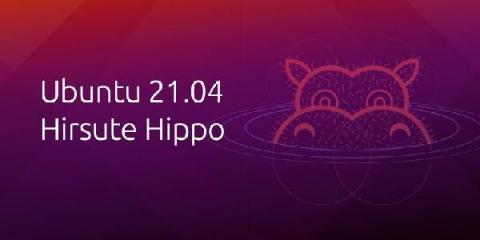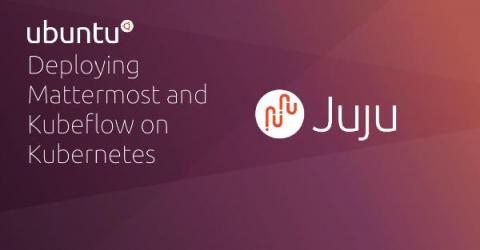Operations | Monitoring | ITSM | DevOps | Cloud
Canonical
Secure container orchestration at the edge
Security and automation in Fintech infrastructure
The future of Fintech infrastructure is hybrid multi-cloud. Using private and public cloud infrastructure at the same time allows financial institutions to optimise their CapEx and OpEx costs.
Model-driven audit trail infrasructure
OpenStack CentOS alternatives:7 reasons to migrate to Ubuntu
Looking for OpenStack CentOS alternatives after recent changes in the CentOS project? Think Ubuntu – the most popular Linux distribution for OpenStack deployments, after CentOS, across development and production environments. Wondering what makes Ubuntu different? Here are seven reasons you should consider Ubuntu when planning your CentOS migration.
Ubuntu Server 21.04:What's new?
Ubuntu Server 21.04 (Hirsute Hippo) brings significant improvements to automation and stability fronts with new extensions to the Ubuntu Server Live Installer and phased updates in the Advanced Package Tool (APT).
Fintech AI/ML on Ubuntu
The financial services (FS) industry is going through a period of change and disruption. Technology innovation has provided the means for financial institutions to reimagine the way in which they operate and interact with their customers, employees and the wider ecosystem. One significant area of development is the utilisation of artificial intelligence (AI) and machine learning (ML) which has the potential to positively transform the FS sector.
What is KFServing?
TL;DR: KFServing is a novel cloud-native multi-framework model serving tool for serverless inference. KFServing was born as part of the Kubeflow project, a joint effort between AI/ML industry leaders to standardize machine learning operations on top of Kubernetes. It aims at solving the difficulties of model deployment to production through the “model as data” approach, i.e. providing an API for inference requests.
Ubuntu 21.04 is here
22 April 2021: Today, Canonical released Ubuntu 21.04 with native Microsoft Active Directory integration, Wayland graphics by default, and a Flutter application development SDK. Separately, Canonical and Microsoft announced performance optimization and joint support for Microsoft SQL Server on Ubuntu.
Deploying Mattermost and Kubeflow on Kubernetes with Juju 2.9
Since 2009, Juju has been enabling administrators to seamlessly deploy, integrate and operate complex applications across multiple cloud platforms. Juju has evolved significantly over time, but a testament to its original design is the fact that the approach Juju takes to operating workloads hasn’t fundamentally changed; Juju still provides fine grained control over workloads by placing operators right next to applications on any platform.









